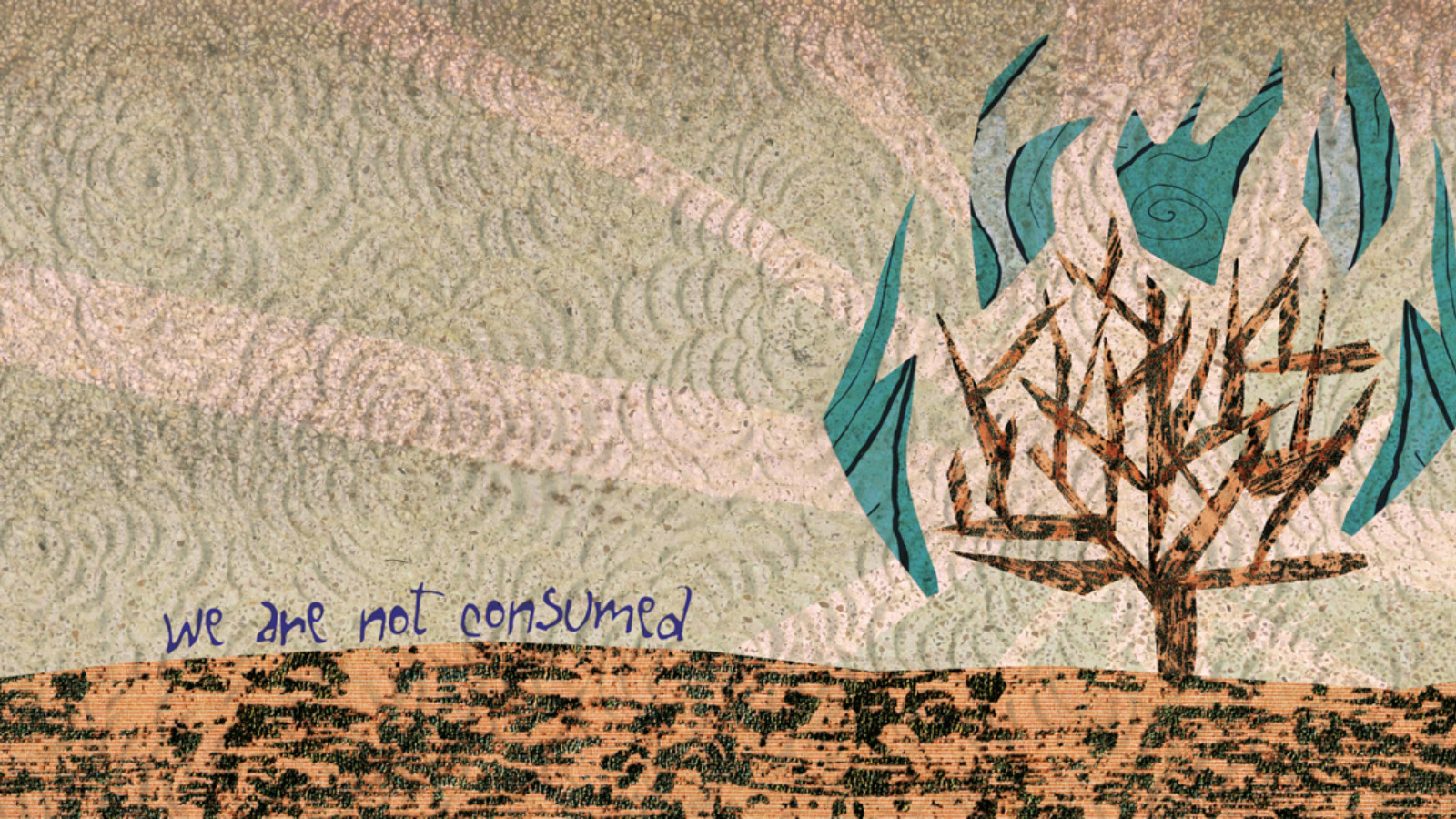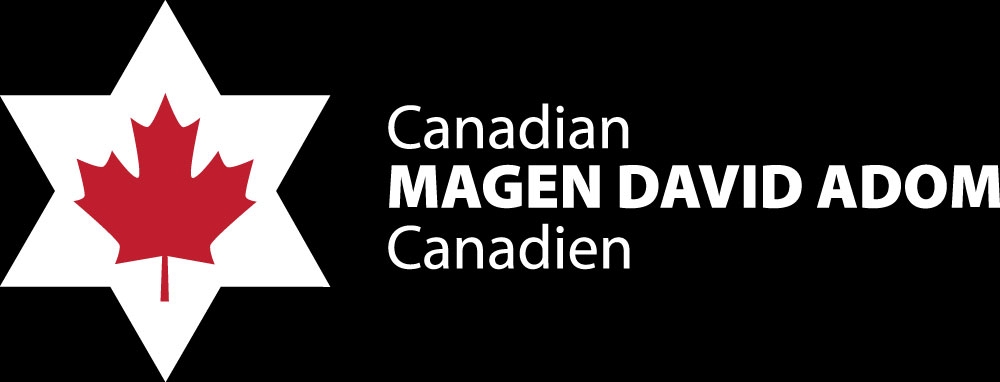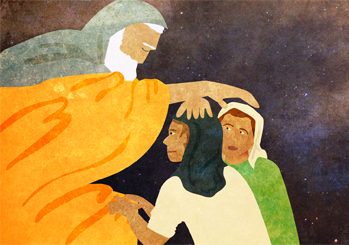Bonjour / Hello [nickname_else_first_name],
Table of contents
1) Perashat Hashavoua - Rabbi Eli Mansour
2) Halakhat Hashavoua (Halakhot related to day to day life) - Hazzan David Azerad
- Mitzvah of Birkat Kohanim
3) Holy Jokes!
4) FOR KIDS!

This Week's Parasha Insight with Rabbi Eli Mansour
Parashat Vayehi- Living Day and Night
Parashat Vayehi, the final Parasha in the Book of Bereshit, tells of the passing of Yaakob Abinu at the age of 147, and, later, it tells of the passing of his son, Yosef, at the age of 110.
The Zohar, in Parashat Vayishlah, tells that King David was initially destined to die soon after his birth, but was granted the ability to live for 70 years thanks to three generous "sponsors" who "donated" years of their lives to David. Specifically, the Zohar teaches, Abraham Abinu was supposed to live 180 years – just as his son, Yishak, lived to the age of 180 – but he lived only 175 years, because he "donated" five of his years to David. Yaakob was meant to live to the age of 175, like Abraham, but he died at the age of 147, having "donated" 28 years of his life. Finally, Yosef was to have lived 147 years like his father, Yaakob, but he gave 37 of his years to David, and died at the age of 110. Thus, David was able to live for 70 years (5+28+37).
However, earlier in that same passage in the Zohar, it presents the more famous tradition that David’s 70 years of life were "donated" by Adam Ha’rishon. The Zohar there comments that Adam was to have lived for 1,000 years, but he foresaw that David would die soon after birth, and so he granted David 70 years of his life, and he died at the age of 930, instead of 1,000.
Whereas in one place, the Zohar says that David received his 70 years of life from Adam, in a different place, it teaches that David received his years of life from Abraham, Yaakob and Yosef.
The Hid"a (Rav Haim Yosef David Azulai, 1724-1806) reconciles these seemingly conflicting statements in the Zohar. He notes the Gemara’s discussion in Masechet Berachot about King David’s extraordinary schedule, describing how he barely slept. According to one opinion, David slept only several hours, or perhaps even several minutes, each night. He spent the vast majority of the night engrossed in Torah learning, sleeping for a very short time. And even during the brief period he spent sleeping, he did not sleep deeply; he dozed, while his mind was still occupied with Torah.
In light of this, the Hid"a writes, we easily understand why David needed both Adam’s 70 years and the 70 years given by Abraham, Yaakob and Yosef. Most people spend their nights sleeping, which is a form of death. David, however, spent his nights engrossed in Torah. And so, in a sense, he lived the equivalent of 140 years, and thus needed two sets of 70 years.
Not coincidentally, the Haftara (portion from the Prophets) read on Shabbat Parashat Vayehi is the chapter in the Book of Melachim II (2) which tells of King David’s death. As we read of the passing of Yaakob and Yosef, the final "sponsors" of King David’s life, it is appropriate to read of King David’s passing at the age of 70, as his 70 years were made possible by the patriarchs.
In Kabbalistic teaching, King David represents the Tikkun (rectification) of Adam’s sin. Adam brought death to the world, and King David, through his piety, brought life. This is why Adam wanted to "sponsor" David’s life – because he foresaw that David would rectify his sin. This is also why David’s descendant, the Mashiah, will resurrect the dead – because he will complete the process of rectifying Adam’s sin, which brought death to the world.
King David achieved this effect of rectifying Adam’s sin through his intensive study of Torah both day and night. He devoted his nights, which are normally spent asleep, in a state of "death," to the study of Torah, which is a source of life, as we say in our evening prayers, "Ki Hem Hayenu Ve’orech Yamenu" – "for they [words of Torah] are our lives and the length of our days." It is through the diligent study of Torah that we rectify the sin of Adam and help restore the world to its original state of spiritual perfection.

The Mitzvah of Birkat Kohanim-(peninei halacha)
It is a positive biblical commandment for the Kohanim to bless the nation of Israel, as it is written (Numbers 6:22-26), “Hashem spoke to Moshe, telling him to speak to Aharon and his sons saying, ‘This is how you must bless the Israelites. Say to them: May God bless you and keep watch over you. May God illuminate His face towards you and be gracious to you. May God bestow favor upon you and grant you peace.’”
This mitzvah is performed daily. Every Kohen who is asked to ascend the duchan(platform) to bless Israel but refuses, even though in principle he only nullifies one mitzvah, is considered to have nullified three biblical commandments. This is because the wording used in the verses implies that Hashem longs to bless Israel. Therefore, a language of command is employed three times to tell the Kohanimto bless Israel, as it is written, “This is how you must bless,” “Say to them,” and “Place My Name.” Hence, a Kohen’s refusal to fulfill the will of the Creator and bless Israel is considered a nullification of three mitzvot from the Torah (Sotah 38b; Rambam Tefillah 15:12).
Even if a Kohen who already blessed Israel that day was summoned by another minyan to bless the nation, it is a mitzvah for him to ascend and bless again. However, if he refrains, he does not nullify a biblical commandment (Shulchan Aruch128:3).
The Sefer Charedim (12:18) writes an important novel insight, that not only the Kohanim fulfill a mitzvah from the Torah by blessing the nation, but the Israelites who stand before them in silence with kavanah and respond Amen to their blessing also participate in the fulfillment of this biblical commandment.
In Birkat Kohanim, we learn to focus on the fundamental fact that HaKadosh Baruch Hu is the One who bestows blessing upon us, and our standing each day in readiness for Birkat Kohanim instills this belief in our hearts (Guide to the Perplexed, part 3, chapter 44; HaAkedah, Sha’ar 74). The more we are aware of the fact that HaKadosh Baruch Hu is the One who blesses the nation of Israel with love, the more we will be open and prepared to accept the blessing (see Sefer HaChinuch378). Free will is the fundamental component of the world, and therefore the blessing that HaKadosh Baruch Hu bestows upon us is linked to our own efforts. Or, as expressed by the Kabbalah, the awakening of our will to accept His blessing awakens the Supreme Will to bestow blessing upon Israel in abundance. By fulfilling the mitzvah of Birkat Kohanim, the nation of Israel expresses its will to accept the Divine Influence (shefa) and draws Hashem’s blessing into the world.
Bevirkat Shabbat Shalom Umevorach
David Azerad
3) HOLY JoKeS!!
Selection of funny snippets, loosely related to this weeks parashah or current events, to brighten your day
BE YOURSELF
In this week’s Torah portion, Yaakov (Jacob) blesses all of his children, highlighting through his blessings each son’s particular strengths. The only way that we can achieve our unique purpose in this world is to be aware of our good points, which we can then channel for the service of G-d.
Here are two examples of how that might play out.
1. Reuven is very tall.
What should he do with his exceptional height?
A. Tell TALL tales.
B. Get HIGH on whiskey.
C. Look DOWN at anybody shorter than him.
D. Lift up the Torah scroll very high by Hagbah.
2. Shimon is very funny.
What should he do with his outstanding comic talents?
A. Make violent demonstrations. After all, they are a RIOT.
B. Knock everybody over so that they will all be ON THE FLOOR.
C. Tell the farmer not to drink his milk because it smells FUNNY.
D. Use his comic talents to make people HAPPY!
By Yankel Moskowitz


4) FOR KIDS
Click on the image to open the youtube video




















